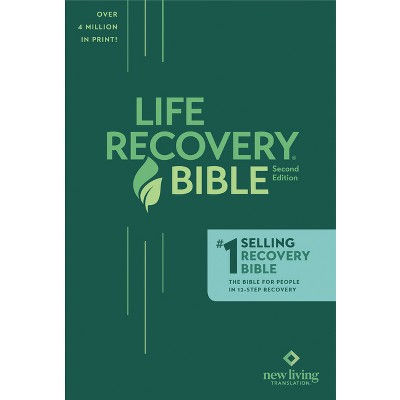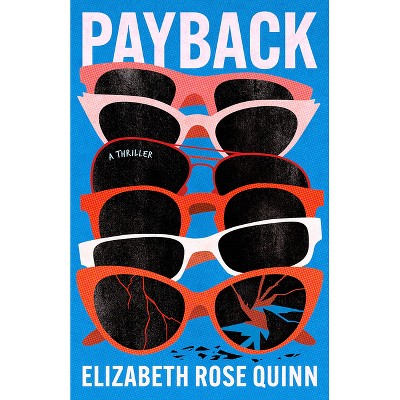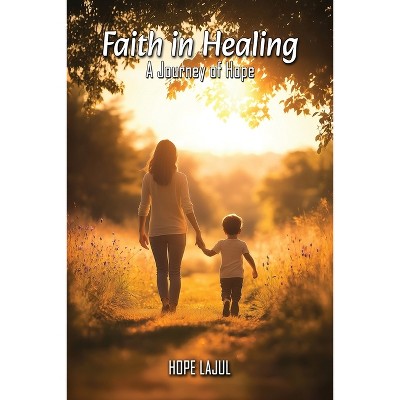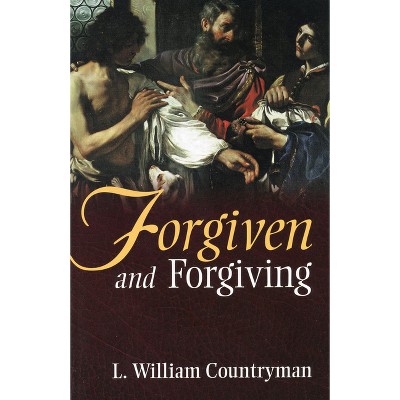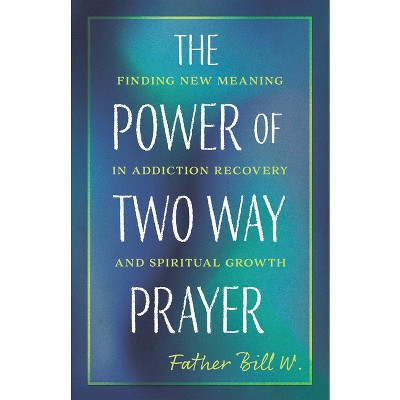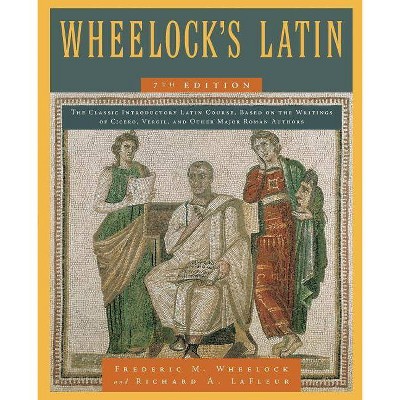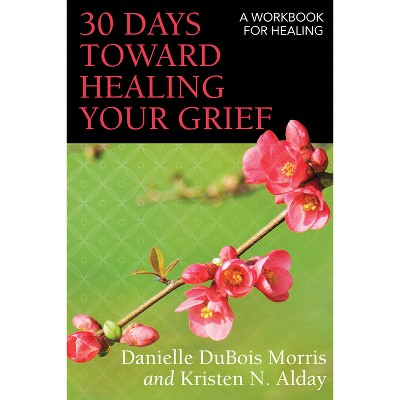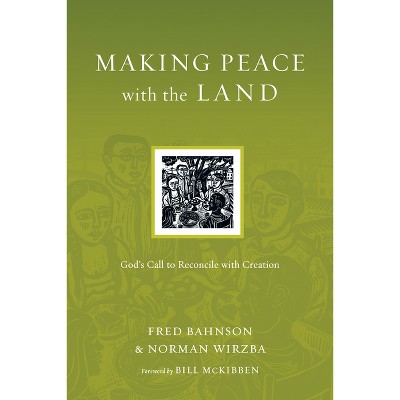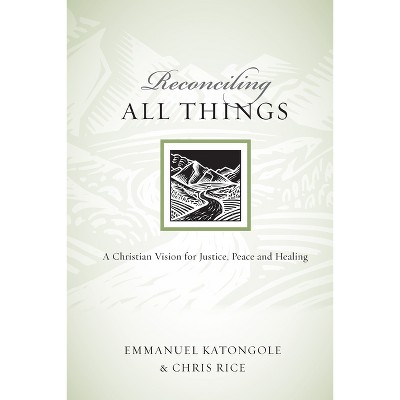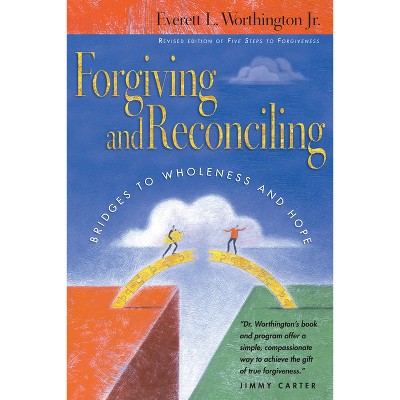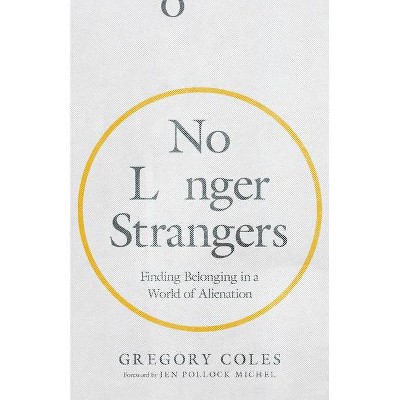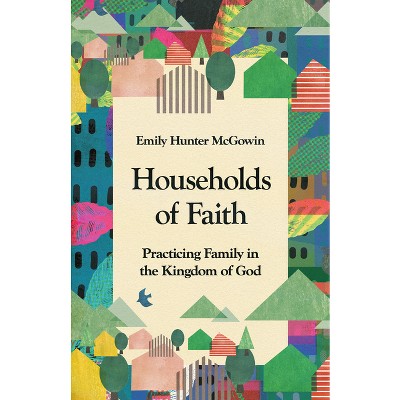Sponsored

Forgiving As We've Been Forgiven - (Resources for Reconciliation) by L Gregory Jones & Célestin Musekura (Paperback)
In Stock
Sponsored
About this item
Highlights
- Christians are supposed to forgive others as we've been forgiven.
- About the Author: L. Gregory Jones (Ph.D., Duke University) is vice president and vice provost for global strategy and programs at Duke University in Durham, North Carolina.
- 140 Pages
- Religion + Beliefs, Christian Life
- Series Name: Resources for Reconciliation
Description
About the Book
Hearing the call to forgive is different from knowing how to practice forgiveness at home and in the world. In this book, Greg Jones and Célestin Musekura describe how churches and communities can cultivate the habits that make forgiveness possible, not only in situations like genocide but also in everyday circumstances of marriage, family and congregational life.
Book Synopsis
Christians are supposed to forgive others as we've been forgiven. But hearing the call to forgive is different from knowing how to practice forgiveness at home and in the world. Forgiveness is about more than the isolated acts and words of individuals. To forgive and be forgiven, we need communal practices and disciplines for a way of life that makes for peace.Greg Jones and Célestin Musekura describe how churches and communities can cultivate the habits that make forgiveness possible on a daily basis. Following the Rwandan genocide, Musekura lost his father and other family members to revenge killings. But then he heard God tell him to forgive the killers. The healing power of forgiveness in his own life inspired him to work for forgiveness and reconciliation across Africa. Jones, author of Embodying Forgiveness, interacts with Musekura's story to show how people can practice forgiveness not only in dramatic situations like genocide but also in everyday circumstances of marriage, family and congregational life. Together they demonstrate that forgiving and being forgiven are mutually reciprocating practices that lead to transformation and healing.
Review Quotes
"Forgiving As We've Been Forgiven is a beautiful testimony to the peculiar power of forgiveness in the name of Christ. Grounding their meditation on forgiveness deep in the experience of God's forgiveness of us in Christ, Jones and Musekura show the powerful, revolutionary, world-changing implications of a people who are enabled to forgive as we have been forgiven. Here is the Christian faith exemplified, practiced, engaged and proven by two vibrant, faithful theologians. The concluding study guide makes this book perfect for study, reflecting, and enactment in churches and small groups of those who have the courage to explore the implications of our forgiveness in Christ."
--William H. Willimon, bishop, United Methodist Church, Birmingham, Alabama"Forgiving As We've Been Forgiven is a thoughtful biblical roadmap for anyone dealing with seemingly insurmountable past issues, such as divorce, abuse, or rejection. . . By presenting valuable insights on such a frequently misunderstood topic, they are providing important first steps to creating communities that really can achieve healing and reconciliation."
--Jeff Friend, ForeWord, January-February 2011"Forgiving As We've Been Forgiven is practical theology at its best. Jones and Musekura help us see why forgiveness is as important as our daily bread and how applying this fundamental discipline could transform not only the witness of the church in the world, but also the world itself."
--Catherine Larson, author of As We Forgive: Stories of Reconciliation from Rwanda"[The authors] mine the riches of Catholic spirituality for readers of a non-Catholic persuasion. And Jones and Musekura buck the trend and set spiritual formation primarily in a community context."
--Mark Galli, Christianity Today, October 2010"A beautiful book of hard-won wisdom that will soften hearts and stir imaginations to new possibilities of peacemaking in our world."
--Debra Dean Murphy, Englewood Review of Books, Advent 2010About the Author
L. Gregory Jones (Ph.D., Duke University) is vice president and vice provost for global strategy and programs at Duke University in Durham, North Carolina. He previously served as dean of Duke Divinity School. He also serves as president of leadership education at Duke Divinity, and as professor of theology. His books include Embodying Forgiveness, Transformed Judgment and Resurrecting Excellence.
Célestin Musekura (Ph.D., Dallas Theological Seminary) is president and founder of African Leadership and Reconciliation Ministries (ALARM, Inc.), a ministry with African national staff training church and community leaders across East and central Africa in leadership, conflict resolution, forgiveness and tribal reconciliation. He spent six years pastoring in Rwanda and serving in administration with the Association des Eglises Baptistes au Rwanda. He cofounded the Sudan Evangelical Alliance to help the persecuted churches in southern Sudan unite in their suffering and in outreach to their nation. He is the author of An Assessment of Contemporary Models of Forgiveness.
